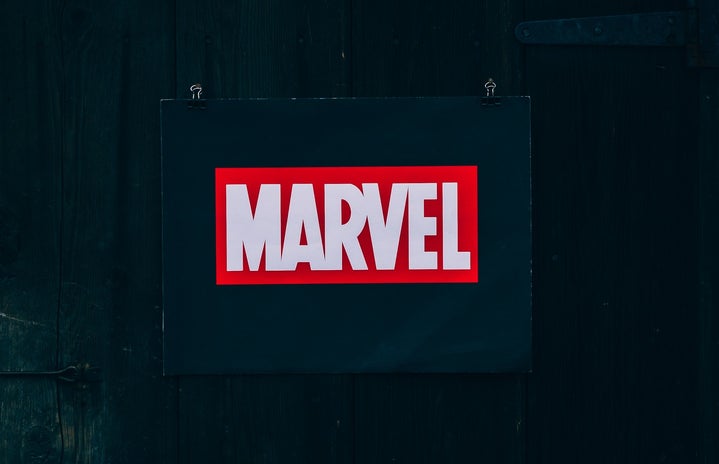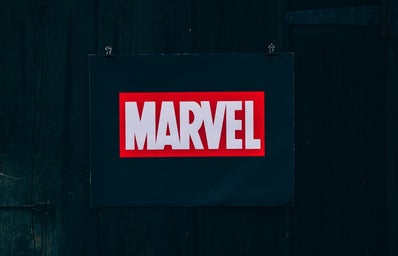The Marvel Cinematic Universe’s phase 4 has ended and Marvel has announced very ambitious plans for its future. However, their latest releases have failed to meet the public’s expectations, leaving them deeply disappointed with the studio.
The MCU, which once seemed to be meticulously planned, following a clear roadmap, now appears to wander aimlessly since the conclusion of the Infinity Saga in 2019. What could be behind Marvel’s situation and could that be a pattern for the new Multiverse Saga?
The exhaustion of the genre
That is a common occurrence in the movie industry and it wouldn’t be the first time it happens. For instance, the Western genre dominated theaters for decades until the public grew tired of it and sci-fi became popular. That could easily be one of the explanations for Marvel’s continuous failures, as the superhero genre has been widely explored for 15 years now. Perhaps that is what is happening with the MCU: a change in the public’s preferences.
Something that could be contributing to the genre exhaustion is the increasingly massive — and I mean massive — movie production that Marvel has been conducting over the years. Phase 1 consisted of six installments that were released over the course of four years. The following phase kept the amount of six movies, but shortened its span by half. Phase 3, which concluded the Infinity Saga, featured an astonishing eleven movies in only three years.
This ever-increasing rhythm reached its peak in this last phase, with seven pictures released in a little over a year, not to mention the eight series made available on Disney+ in the same period that is also an integral part of the MCU.
That being said, it’s easy to understand how the quality of the scripts has generally worsened with each phase. With an increasing number of projects to develop and manage at the same time, plots have become disconnected from one another and character development has suffered. The clearest evidence of that was the highly praised growth that the Scarlet Witch, Wanda Maximoff (Elizabeth Olsen), went through in WandaVision, which added a lot of depth and complexity to the character. Shortly after the show had aired, however, the fans were surprised to find that all that development was disregarded in Doctor Strange: Multiverse of Madness (2022).
Actors and directors leaving the MCU
Avengers: Endgame (2019) witnessed the departure of iconic characters that dated all the way back to the MCU’s origins, such as Iron Man (Robert Downey Jr.), Captain America (Chris Evans), and Black Widow (Scarlett Johansson). Yet, much more than just bidding farewell to the characters, it was a painful goodbye to the actors and their captivating portrayals. This has left a void in the MCU that has yet to be filled by someone else (granted it will be nearly impossible — if not impossible — to replace Robert Downey Jr.’s Tony Stark).
Not only that, Marvel has lost remarkable directors who were responsible for some of its greatest successes. The Russo brothers, known for their work on Captain America: The Winter Soldier (2014), Captain America: Civil War (2016), Avengers: Infinity War (2018) and Avengers: Endgame (2019), announced that they are “taking a break” from the MCU at least until 2030. James Gunn, the creative mind behind the Guardians of the Galaxy trilogy, has concluded his time on Marvel with Guardians of the Galaxy: Vol 3 (2023) and assumed an important role running the DC Cinematic Universe. To make matters worse, there are rumors that Taika Waititi, the director of Thor: Ragnarok (2017) and Thor: Love and Thunder (2022), is also leaving the MCU.
A story growing longer and more complex
So far, Marvel has released 32 movies (soon to be 33 with the premiere of The Marvels in November), announced 7 projects with release dates until 2027, and 4 others still without a confirmed release date. If that seems like a lot to those who follow the MCU since day one, imagine how it feels to newcomers.
As time goes on, it becomes increasingly challenging to introduce new viewers to the MCU as the majority of them are unwilling to watch more than 30 movies just to catch up. Even though it was a lot of fun to follow the releases year by year, it’s important to wonder if that will have the same appeal for the new fans.
With the not-so-subtle detail, it is not only the films. With the recently launched shows, so many of the MCU’s boundaries are expanding simultaneously, making it complex and exhausting to keep up with everything. So, it’s easy to see how that can push away potential fans and distance those who miss the good old simpler times of the previous phases.
The studio itself tried to solve this issue with Marvel Studio: Legends (2021), a series of short films that aim to sum up a character’s journey through compilations of their appearances over the years. But that’s not enough.
Everything in Marvel is interconnected. The previous steps that led to the conclusion of the Infinity Saga were meticulously laid out in the movies to ensure that it progressed gradually. Unfortunately, this hasn’t been the case in this new saga. The previous phases had their slip-ups here and there, but they have become more and more common.
Most recent projects, with very few exceptions, have endings and post-credit scenes that seem desperate to create cliffhangers for the next installments. This became evident at the end of Doctor Strange: Multiverse of Madness (2022), where Charlize Theron’s character was introduced in a post-credit scene that was everything from rushed to clumsy.
This has also affected the movies that attempt to present never-before-seen characters. For instance, both Shang-Chi (2021) and Eternals (2021) had the potential of being well-contained stories in their respective movies. But, their post-credit scenes opened many doors that, thus far, have led to nowhere. And that has left a lot of fans with the impression that the stories they are following never reach a conclusion, and that keeps them from truly enjoying the movie they are watching. This general feeling of constant frustration could explain the new phase’s bad performance overall.
The pressing question for the MCU now is whether to adapt or face potential failure, as their challenges have never been greater, and fan expectations have never been more complex.
The article above was edited by Isadora Costa.
Liked this type of content? Check Her Campus Cásper Líbero home page for more!


